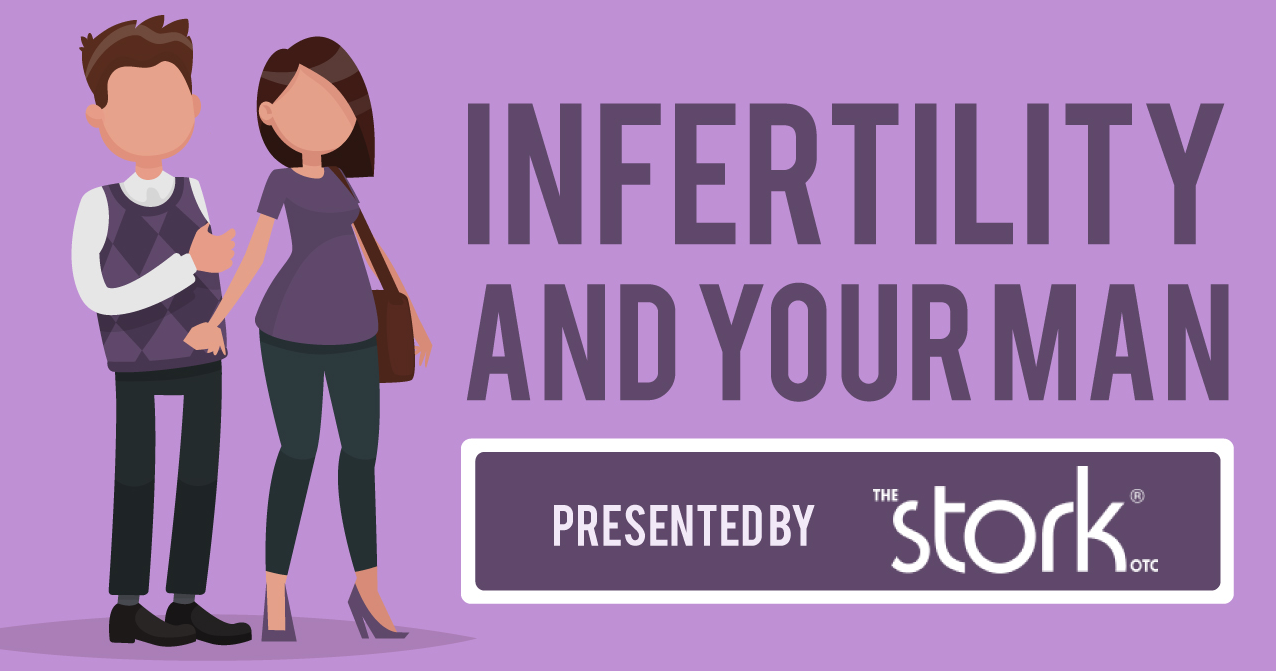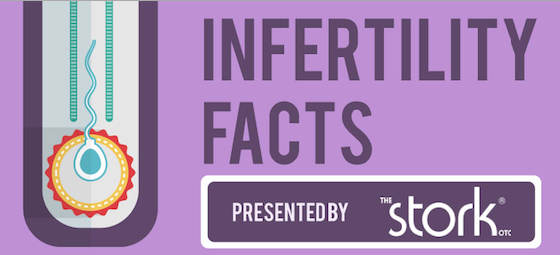The process of egg donation is a relatively new concept. It started in the early 1980s and, interestingly enough, was more an act of altruism than a compensated business deal. If one woman undergoing in vitro fertilization with her own eggs had a few left over, she'd donate them to a woman who had none. Generosity at its finest -- the eggs was a pure donation.
This exchange did not last for long. Today, egg donation is both a legal and business interaction where the woman desiring pregnancy pays a hefty price--around $20,000--to use eggs from younger, perkier ovaries.
If you are arriving at this decision yourself or with a loved one, by now you have realized that there is a lot to consider, financially, logistically and emotionally.
WHO
Women who use egg donors cannot be easily summed into one group. They are women who may be too old to use their own eggs (which deteriorate in number and quality as we age); women who have poor egg quality at a younger age (due to illness, genetic disorders, chemoradiation or other unknown reasons); women with premature ovarian failure or early menopause; and women whose ovaries just don't respond well to hormonal stimulation.
WHEN
Deciding to use donor eggs can happen at any time in a woman's reproductive lifespan. Egg donor recipients are not all older women and sometimes have previous children from their own eggs.
HOW
The two main categories of egg donations are from known (friend or family) and unknown/anonymous donors. Sometimes using a known donor can significantly decrease the price of the procedure, but there are unique social and emotional considerations for that type of arrangement as well.
The process of egg donation involves syncing the donor's menstrual cycle to that of the recipient's through a number of hormonal medications and doctor's visits. Once the donor's eggs are ready for surgical retrieval, the recipient switches medications from a uterine priming regimen to progesterone only so that her uterus can support the pregnancy.
Almost simultaneously, an embryologist mixes the retrieved donor eggs with the father's sperm and then prepares the now fertilized embryos for transfer into the recipient's uterus.
SUCCESS/RISKS
Keep in mind that fertility centers list success rates in terms of "pregnancies achieved." For most centers, this rate is around 50 percent with donor eggs. This value does not take into consideration however, the number of naturally occurring miscarriages that happen with any pregnancy, including one from donor eggs.
According to The Guttmacher Institute, 15 percent of all pregnancies will end naturally in miscarriage. This is just how biology works, owing to the fact that it takes several green lights in a complicated traffic jam of biologic pathways for a pregnancy to come together successfully.
Lastly, risks of using donor eggs are the exact same as using IVF and embryo transfer with a woman's own eggs if she could. The American Pregnancy Association estimates that there is a 20 to 25-percent chance of multiples, and the same three to five percent chance of birth defects as in any natural pregnancy.





Add a Comment2 Comments
Thank you for that clarification Amy. It's definitely true (and a good thing) that the ASRM has recently instituted regulations over how much a donor can be financially compensated for her eggs. Going through infertility treatment is expensive enough and many people have raised questions about the ethics of paying huge sums of money for donor eggs.
I should also point out that the larger amount listed above factors in compensation for the donor to undergo the donation process (which as you pointed out averages around $5,000-$7,000 in many offices) as well as payment to the doctor for her hormone stimulation treatments, ultrasound visits, egg retrieval and eventual IVF (and possibly embryo freezing) procedures.
For those interested in taking a closer look at the ASRM's 2007 guidelines on egg donation, please click on the link below.
www.asrm.org/Media/Ethics/financial_incentives.pdf
November 28, 2009 - 10:27amThis Comment
As a New York State attorney specializing in this field, I am always pleased to see discussion about family building through collaborative reproduction. I do hope to clarify that the American Society of Reproductive Medicine has issued guidelines around egg donor compensation, capping the compensation at $10,000.00 and suggesting that $5,000.00 is acceptable compensation. At Prospective Families, www.prospectivefamilies.com, 70% of the donors registered with my office are comped below $7500.00. Yes, the media wants the general population to believe that women are selling their eggs for 20k or higher (and at some agencies and/or clinics, that is the case)....but for those reading this article who are in need of donor egg, please know that there are professionals (attorneys) who work with donors asking for more reasonable compensation.
An important point to note, in the United States, donors are not compensated for their eggs, any embryos created from their egg donation or if there is a pregnancy. Donors are compensated for undergoing In Vitro Fertilization on behalf of an "Intended Parent(s)". Donors also, btw, relinquish all parental rights should a child result from her cycle...and in a legal context, there needs to be consideration for that relinquishment.
Good luck to all hoping for a baby and for those big-hearted enough to endure IVF to assist others.
Amy Demma, Esq
November 28, 2009 - 7:00amLaw Offices of Amy Demma
www.lawofficesofamydemma.com
This Comment